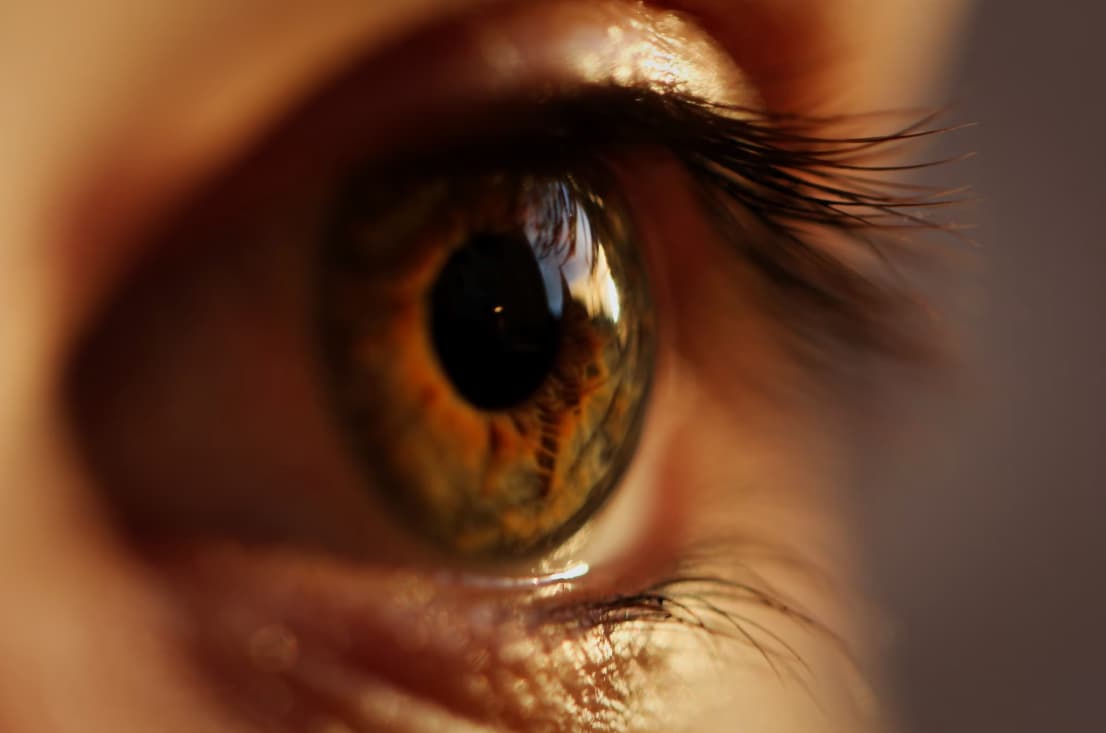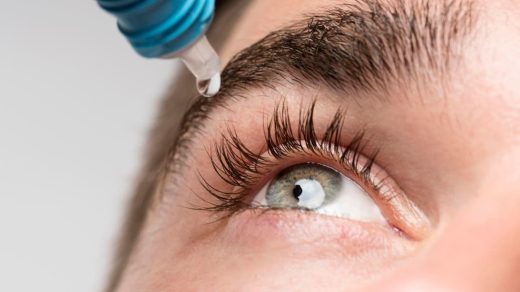Our eyes are one of our most vital senses, allowing us to interpret the world around us. Properly caring for our eyesight is crucial for our health, safety, and quality of life. That’s why eye care should be a priority for people of all ages.
Everything About Eye Care

In this blog post, we’ll explore some key tips for protecting your vision and discuss the role eye exams play in eye health.
Easy Eye Care Tips
Practicing some simple daily habits can go a long way in maintaining healthy eyes:
- Don’t rub your eyes, as this can lead to infection or irritation. If your eyes itch, try using artificial tears instead.
- Wear sunglasses outdoors, even on cloudy days, to protect your eyes from UV rays. Wraparound styles provide the most coverage.
- Take regular screen breaks if you spend extensive time on digital devices. The 20-20-20 rule reminds you to take a 20 second break every 20 minutes to view something 20 feet away. This reduces digital eye strain.
- Eat a diet containing eye-friendly vitamins and nutrients like omega-3 fatty acids, zinc, and vitamins C and E. These can protect eyesight and reduce macular degeneration risk.
- Don’t smoke and avoid secondhand smoke, as smoking increases risks for cataracts, optic nerve damage, and macular degeneration.
The Importance of Eye Exams
Getting a comprehensive eye exam is vital for the early detection of vision problems and diseases. The American Optometric Association recommends eye exams on the following schedule:
- Infants/Toddlers: At 6 months, then 3 years old. Checks for amblyopia, misalignment, and focus issues.
- Children/Teens: Annually from ages 3-19. Tracks myopia and ensures healthy vision development.
- 20-39 years: Every 2-3 years. Baselines glaucoma, cataract, and retina health.
- 40-64 years: Every 2 years. Screens for presbyopia, glaucoma, and diabetes-related eye issues.
- 65+ years: Annually. Closely monitors age-related diseases like macular degeneration, glaucoma, cataracts, and diabetic retinopathy.
Eye doctors also check for indicators of hypertension, high cholesterol, thyroid disorders, and autoimmune diseases that often first manifest in the eyes. Catching these conditions early provides critical health insights.
Be sure to share any noticeable vision changes with your eye doctor promptly, like persistent eye pain, double vision, light flashes/floaters, burning/itching eyes, perceived halos around lights, or dramatic differences in vision between eyes.
Reporting symptoms can lead to early diagnosis and prevention of permanent damage.
Caring for Children’s Eyes
Establishing strong eye care habits early is essential for life-long vision health. Here are some top tips for safeguarding children’s eyes:
- Ensure kids wear protective sports goggles and avoid projectiles around the eyes.
- Limit screen time and encourage more outdoor activity to reduce the risk of myopia progression.
- Check that kids sit far back from screens and use proper lighting when reading/viewing screens to reduce eye strain.
- Inspect toys for sharp edges and splinters around the eyes and ensure kids wash their hands before touching their eyes.
- Feed children diets with leafy greens and fatty fish for eye-friendly nutrition.
Instilling excellent eye care regimens in children while their eyesight is still developing lays the foundation for healthy eyes into adulthood.
In Summary
Our eyesight is a complex, precious resource requiring proactive protection and care across our lifespans.
Implementing healthy eye care habits, wearing protective eyewear, managing screen usage, eating eye-healthy diets, avoiding smoking, and getting comprehensive eye exams provide invaluable vision insurance.
By being diligent about safeguarding our sight, we can keep our eyes healthy and vision strong for years to come.



